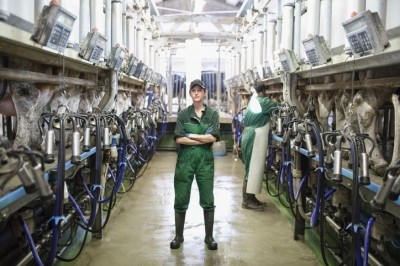China’s COVID-19 restrictions pose threat to agricultural economy

However, food and agribusiness supply chains in China continue to face great challenges, commented Rabobank in a post this week.
The lockdown in Shanghai went on for much longer than expected, while other cities and provinces in China are also facing restrictions under the government’s zero COVID strategy.
The Rabobank team said the Omicron-induced restrictions on human and commodity movements have resulted in a big drop in foodservice sales along with supply chain disruptions. Transportation of both raw materials and finished products has been hit.
In addition to logistics issues, rising input costs are pressuring China-based producers and processors, who are having difficulty passing on the additional costs to consumers.
The Russia-Ukraine war has also directly impacted China’s potash imports. Local potash prices stabilized after the government released state reserves, but they remain at high levels: "A price correction is expected for fertilizers in Q2 2022, amid weak demand and low exports. However, the downside potential will be limited due to high raw material costs."
Feed grains
A resurgence of COVID-19 infections in the Jilin and Liaoning provinces has raised concerns about spring planting, said the analysts.
And the market experts expect prices of energy grains to stay high, despite an expected year-on-year drop in Chinese feed consumption in 2022.
Animal protein
“Hog producers have liquidated herds to avoid further losses, imposing downward pressure on imports. Poultry prices have rebounded due to disruptions to supply chains and transportation but are expected to fall once supply chains normalize,” said the analysts.
Looking at the Chinese dairy sector, they see that processor demand growth remains weaker than supply growth. Omicron’s spread and China’s ‘zero-Covid’ policy are undermining consumption patterns. “This [development] will very likely dampen import appetite going forward and slow milk production growth in 2H 2022.”
Rabobank estimates that foodservice sales in China in 2022 could decline by between 6.4% and 15%.








